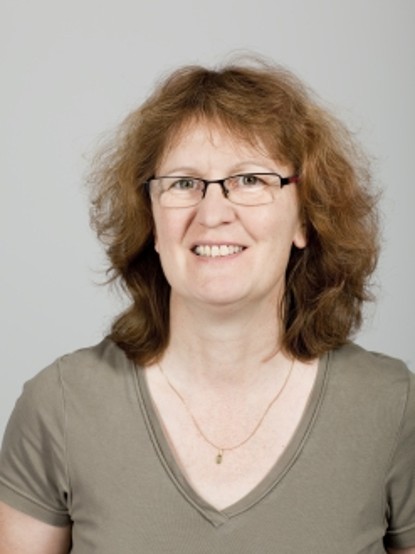Bringing coating and printing science alive with apps
Guest talk by Prof Steven Abbott
2018/04/20
For those who need scientific solutions to their printing, coating or wetting problems help can be just an app away, with live demos covering, (de)wetting, (forced) drop spreading, dynamic surface tension, levelling, inkjet, evaporation and more. In his talk Prof Abbott will show that a large collection of free, easy-to-use apps covering many aspects of coating/printing makes it possible for the science to be used by everyone.
The talk aims to encourage those who provide such solutions to go beyond a published paper and make their insights available on line to those who need them. A lot of great science in our area of interest is unused because many potential users don’t know that it exists, and if they know about it, they find it too difficult to understand and apply to their own situation.
Prof Steven Abbott is a PhD chemist from Oxford/Harvard who has worked in the coating/printing industry for many years and is Visiting Professor at U Leeds. He is now an independent trouble-shooter, author and app writer with a passion for bringing the best possible science to any specific problem, usually via a few apps.
Subsequent CRC talk:
Highly dynamic phenomena in the nip of an gravure printing machine and in the high shear rate range of a doctor blade
(J. Schäfer und T. Bitsch, IDD)
The Institute of Printing, Science and Technology (IDD) generally deals with the further development and understanding of printing processes. Printing can be understood as structured coating of surfaces, which is equivalent to wetting and de-wetting surfaces with different fluid systems. This takes place in industrial printing processes at very high speeds, so that there is an interplay of wetting, dewetting and drying kinetics. The basic mechanisms of how exactly fluid is transported from a fluid reservoir through several rollers to the substrate must be understood. This is the task of the IDD in subproject C01, whose methods, goals and preliminary results are to be presented at the CRC doctoral colloquium.
Date:
20.04. 2018, 11:00-12:30
Venue:
L2|06 100

